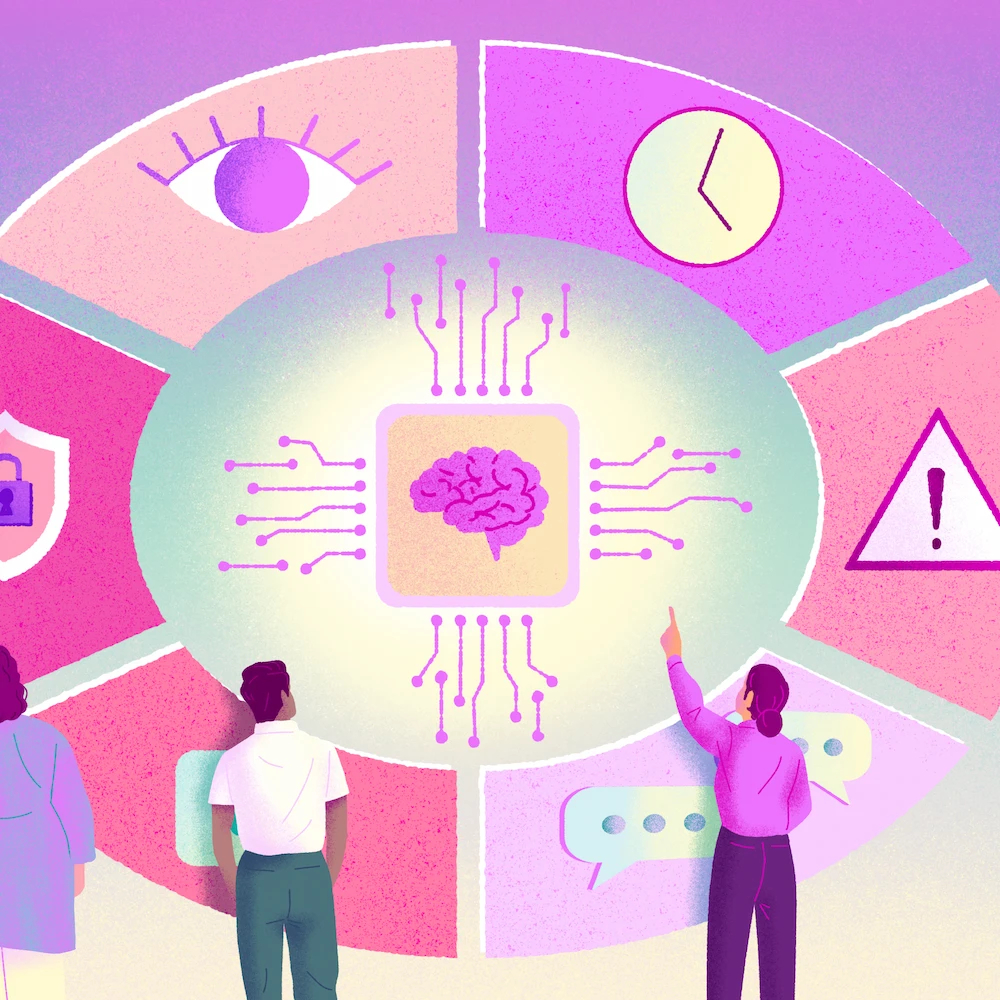Internal mobility refers to any change, promotion or evolution in an employee’s position within the same company.
Why Promote Internal Mobility?
Companies that promote internal mobility enjoy multiple benefits, such as higher employee motivation and loyalty. Their teams are more engaged, in turn reducing the turnover rate and boosting team productivity.
Internal mobility also allows companies to retain older employees who possess a wealth of knowledge that enables the company to continue to run smoothly.
Offering opportunities for internal mobility also helps build a strong employer brand and facilitates recruitment.
What Are the Advantages and Disadvantages of Internal Mobility?
The advantages of internal mobility include:
- Retaining talent
- Boosting employee motivation
- Fostering professional fulfilment
- Avoiding having to constantly hire new employees
- Lowering costs and recruitment times
- Reducing the time it takes to integrate the employee into a new role
- Building a robust employer brand
Among the disadvantages of internal mobility are:
- Limiting the contribution of new ideas or points of view from outside the company
- Possible tension within a team
- Creating a vacant position to be replaced after a promotion
- Having a smaller pool of talent and experience
What Are the Different Types of Internal Mobility at a Company?
There are 3 types of internal mobility within companies:
- Vertical mobility: When the employee advances in the hierarchy and takes on greater responsibility.
- Horizontal mobility: When the employee moves to a new position in another area or department, but their hierarchical level remains unchanged.
- Geographic mobility: When the employee keeps their position or moves to a similar role in a different geographic area.
How to Establish an Internal Mobility Process?
To set up an internal mobility process, a company can:
- Implement an occupation and skill forecasting strategy
- Involve managers in identifying employees with promising profiles during individual meetings or annual performance evaluations
- Encourage employees to attend training
- Draft an internal mobility policy that includes the conditions for opening a position, the means made available to consult them, the application process, the selection criteria, etc.
- Create a professional development plan with promising employees
What Questions Should Be Asked During an Internal Job Interview?
Examples of questions to ask during an internal job interview include:
- Why are you interested in a new position?
- What do you like most/least about your current position?
- Where do you see yourself professionally in 3-5 years?
- What skills do you want to develop in this new position?
- Do you get along with your current team?
- What are your salary expectations for this new position?







